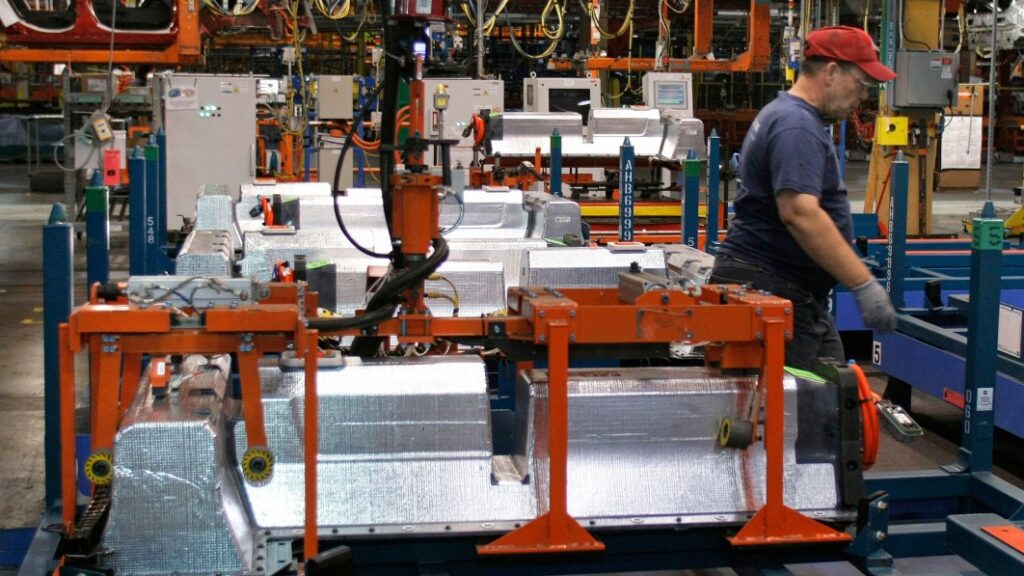Tech giants have cut tens of thousands of jobs. Automakers are ready to hire them

Automakers like
Ford and
GM have yet to announce anything close to the layoffs that have left thousands of tech workers out of a job this year.
Bill Pugliano/Getty Images
Tech companies are shedding jobs after years of growth.
But car companies are still desperate for new tech talent.
The auto industry could benefit from tech layoffs.
Tens of thousands of tech workers have been laid off in the first month of the year, but the financial woes of tech giants like Google, Amazon, Microsoft and others haven’t made their way to the auto industry.
Mainstays like Ford and GM have yet to announce anything close to the sweeping layoffs that have left more than 55,000 tech workers out of a job so far this year.
Certainly, there have been some hits: Ford is planning 3,200 job cuts in Europe. Jeep-maker Stellantis stopping operations at a plant in February will result in 1,350 workers out of a job.
But the auto industry doesn’t need to undergo massive cuts — mostly because they already have over the past few years.
“Legacy automakers have spent the last three years figuring out how they’re going to go after electrification, autonomous driving — or increasing ADAS rather than full autonomy — and their connected car strategy,” Richard Surridge, founder of recruiting firm AVANT Future Mobility, told Insider.
Tech companies, meanwhile, had enjoyed a decade of unmitigated growth thanks to low interest rates and a floor of new investor money. As these companies enter a new phase and a different economy, the tech industry is experiencing its first real belt-tightening.
“All of the tech companies are a bit bloated,” Surridge said, noting that the automotive industry has the opposite problem when it comes to staffing. “Legacy auto is underpopulated in order to fully go after the future of mobility — primarily, electrification, batteries, and software.”
The auto industry’s downsizing phase started years ago
In preparation of the massive EV transition and the introduction of other industry-changing shifts, automakers already used the time before the pandemic, and during it, to make adjustments to their workforce.
Ford, for example, cut 7,000 jobs in 2019. GM, too, slashed tens of thousands of jobs and closed factories that year in the face of an extended union strike. Both companies made these cuts as they prepared to redesign their business for an electric future.
“We’ve become used to seeing the automotive industry adapting and resizing for many years now,” Martin French, managing director at the consultancy Berylls, told Insider. He noted that the entire automotive industry learned a lot of tough lessons from the 2009 bankruptcies of GM and Chrysler, leaving many to make defensive decisions rather than reacting to tough times when they hit.
The auto industry could benefit from tech layoffs
While tech sheds thousands of jobs, automakers are desperate for workers. Some legacy brands may take advantage of recruiting opportunities amid the layoffs, experts and executives have said.
Even within the industry, layoffs at tech-centric auto companies like Arrival, Rivian and Britishvolt, or the shuttered Argo AI, could benefit legacy car companies still looking to beef up their tech talent in newly formed electric vehicle divisions.
Companies like Ford and GM would be smart to scoop up this talent, Stephen Beck, founder and managing partner of consultancy cg42, told Insider.
“The need for talent relative to electrification, modern manufacturing, connectivity, et cetera, is very, very high,” Beck said. “The war for talent in the automotive industry is still raging and the talent pool is still relatively small.”



